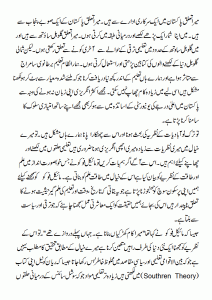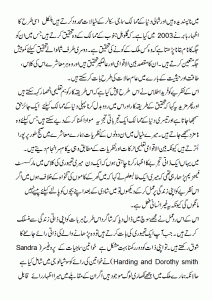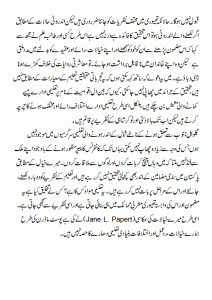An Interview with Sayan Dey
by Hadje Cresencio Sadje
Background: Since the global outbreak of COVID-19 on December 2019, there have been 271.963.258 confirmed cases, including 5.331.019 deaths, reported to World Health Organisation (WHO, 2021). To address the ongoing challenges of the global pandemic, various governments and non-governmental organisations agreed to continue and strengthen cooperation to address the devastating ripple effects of the COVID-19 (Amaya, 2021). Despite these efforts, the impacts of COVID-19 pandemic have posed unprecedented challenges, especially to the poorest, most vulnerable, and marginalized groups. COVID-19 has disproportionately affected racial, ethnic minority, and marginalized groups (Tai et. Al, 2020). According to recent studies, the poorest, most vulnerable, and marginalized groups are left far behind (IFRC, 2021; Economic Policy Institute, 2020).
Continue reading “Decolonial Praxis, Education and COVID-19: Perspectives from India”



